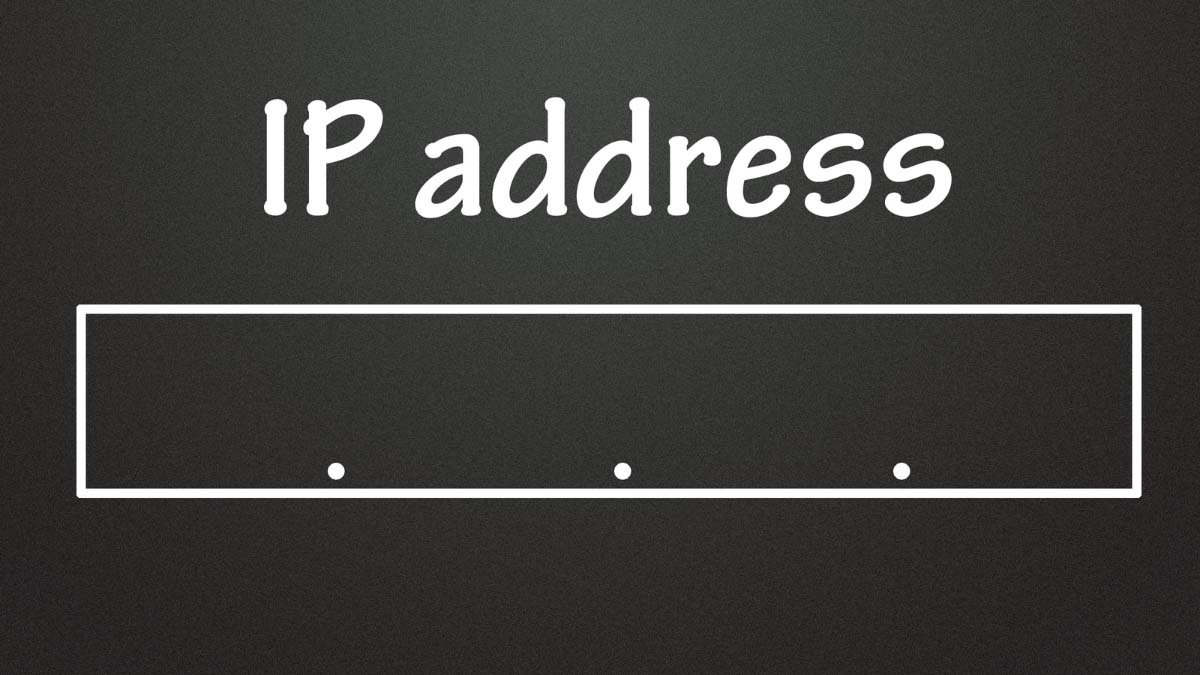Are you tired of trying to find the IP address of a website or device and coming up empty-handed? Look no further than an IP finder! In this comprehensive guide, we’ll explain what an IP finder is, how it works, and the benefits of using one. You’ll also learn about different types of IP addresses and the most popular IP finders available today. Let’s get started!
Introduction: The Importance of IP Addresses
In today’s digital age, IP addresses are crucial for communication and connectivity. Every device that connects to the internet, whether it’s a laptop, smartphone, or smart TV, has its own unique IP address. An IP address serves as a digital address that allows devices to communicate with each other over the internet. Without an IP address, your device would be unable to connect to the internet or communicate with other devices.
What is an IP Finder?
An IP finder is a tool that helps you locate the IP address of a website, device, or network. It works by querying a public database of IP addresses and providing you with the results. Using an IP finder can save you time and frustration when trying to connect to a device or troubleshoot a network issue.
How Does an IP Finder Work?
An IP finder works by using a technique called IP geolocation. This technique involves mapping an IP address to a physical location. IP geolocation relies on a database of IP addresses and their associated physical locations. When you enter an IP address into an IP finder, the tool searches the database for the location associated with that IP address and returns the result.
Benefits of Using an IP Finder
Using an IP finder offers several benefits, including:
- Saves Time: Instead of manually searching for an IP address, an IP finder can quickly locate the IP address you need.
- Simplifies Network Troubleshooting: If you’re experiencing network issues, an IP finder can help you identify the device or network causing the problem.
- Enhances Security: An IP finder can help you identify the source of a cyber attack or unauthorized access attempt.
Types of IP Addresses
Before we dive into the different IP finders available, let’s first discuss the two types of IP addresses: IPv4 and IPv6.
IPv4 Addresses
IPv4 addresses are the older of the two IP address types and use a 32-bit address format. IPv4 addresses are expressed in four groups of numbers separated by periods, such as “192.168.1.1”. IPv4 addresses are still widely used but are slowly being replaced by IPv6 addresses.
IPv6 Addresses
IPv6 addresses are the newer of the two IP address types and use a 128-bit address format. IPv6 addresses are expressed in eight groups of hexadecimal numbers separated by colons, such as “2001:0db8:85a3:0000:0000:8a2e:0370:7334”. IPv6 addresses provide more than enough unique addresses for every device on the internet and offer better security and performance than IPv4 addresses.
Top IP Finders
Now that we’ve covered the basics of IP addresses, let’s take a look at the top IP finders available today.
1. WhatIsMyIPAddress
WhatIsMyIPAddress is a free online IP finder that provides a comprehensive range of IP address information, including geolocation, internet service provider (ISP), and proxy detection. The tool is user-friendly and offers a simple app user, my apologies for the previous sentence fragment. Here’s the continuation of the article:
interface for locating IP addresses. Additionally, WhatIsMyIPAddress also provides useful guides and articles on IP address-related topics.
2. iplocation.io
iplocation.io is a paid IP finder that offers advanced IP geolocation services. The tool uses a database of over 4 billion IP addresses and can provide detailed location information, including the city, region, and country of the IP address. iplocation.io also offers an API for developers who want to integrate IP geolocation into their applications.
3. GeoIP2
GeoIP2 is another paid IP geolocation tool that provides accurate and detailed information about IP addresses. The tool offers a range of features, including country, city, and ISP information, as well as information on the organization associated with the IP address. GeoIP2 also offers a developer API for integrating IP geolocation into applications.
4. IPinfo
IPinfo is a paid IP finder that offers a range of IP geolocation services, including location, ISP, and organization information. The tool also provides data on IP address threats, such as spam and malware, as well as proxy and VPN detection. IPinfo offers an easy-to-use API for developers who want to integrate IP geolocation into their applications.
IP Finder FAQ
Here are some frequently asked questions about IP finders:
1. Is it legal to use an IP finder?
Yes, it’s legal to use an IP finder. However, it’s important to use an IP finder for legitimate purposes and to respect other people’s privacy.
2. Can I find the IP address of any website or device?
In most cases, yes. However, some websites and devices may be configured to hide their IP address or use dynamic IP addresses, which can change frequently.
3. Can an IP finder be used for cyber attacks?
An IP finder can be used to gather information for cyber attacks, but it’s important to use an IP finder responsibly and for legitimate purposes only.
4. Are IP finders accurate?
IP finders can be accurate, but the accuracy depends on the quality of the IP geolocation database used by the tool.
5. Can I use an IP finder to change my IP address?
No, an IP finder cannot be used to change your IP address. To change your IP address, you need to contact your internet service provider.
6. How can I protect my IP address?
To protect your IP address, you can use a VPN (virtual private network) or proxy server, which can help mask your IP address and keep your online activity private.
Conclusion
An IP finder is a useful tool for locating the IP address of a website, device, or network. Using an IP finder can save you time and frustration when trying to connect to a device or troubleshoot a network issue. There are many IP finders available, both free and paid, each with its own unique features and benefits. Whether you’re a developer looking to integrate IP geolocation into your applications or a casual user looking to find the IP address of a website, an IP finder can help you get the information you need quickly and easily.




